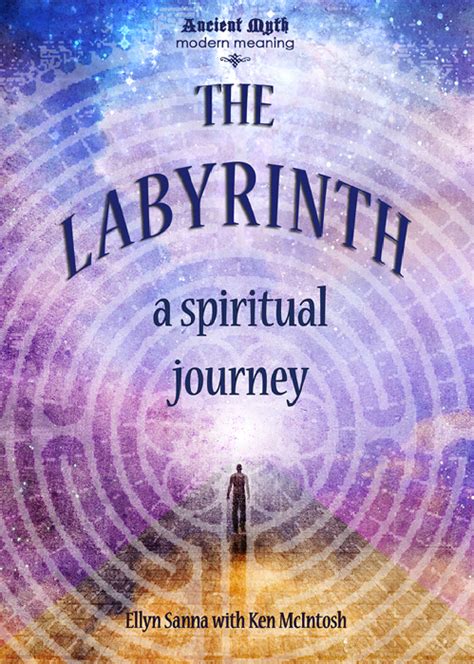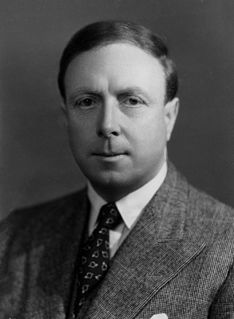A Quote by Susan L. Taylor
We are forever looking outside ourselves, seeking approval and striving to impress others. But living to please others is a poor substitute for self-love, for no matter how family and friends may adore us, they can never satisfy our visceral need to love and honor ourselves.
Related Quotes
If we don't love ourselves, we would not love others. When someone tell you to love others first, and to love others more than ourselves; it is impossible. If you can't love yourselves, you can't love anybody else. Therefore we must gather up our great power so that we know in what ways we are good, what special abilities we have, what wisdom, what kind of talent we have, and how big our love is. When we can recognize our virtues, we can learn how to love others.
God’s love sets us free from the need to seek approval. Knowing that we are loved by God, accepted by God, approved by God, and that we are new creations in Christ empowers us to reject self-rejection and embrace a healthy self-love. Being secure in God’s love for us, our love for Him, and our love for ourselves, prepares us to fulfill the second greatest commandment: To love our neighbor as ourselves.
We have the need to be accepted and to be loved by others, but we cannot accept and love ourselves. The more self-love we have, the less we will experience self-abuse. Self-abuse comes from self-rejection, and self-rejection comes from having an image of what it means to be perfect and never measuring up to that ideal. Our image of perfection is the reason we reject ourselves the way we are, and why we don't accept others the way they are.
The remarkable thing is that we really love our neighbor as ourselves: we do unto others as we do unto ourselves. We hate others when we hate ourselves. We are tolerant toward others when we tolerate ourselves. We forgive others when we forgive ourselves. We are prone to sacrifice others when we are ready to sacrifice ourselves.
The motives of the best actions will not bear too strict an inquiry. It is allowed that the cause of most actions, good or bad, may be resolved into the love of ourselves; but the self-love of some men inclines them to please others, and the self-love of others is wholly employed in pleasing themselves. This makes the great distinction between virtue and vice.
When we work so hard at our preparations for Christmas, we often feel cheated and frustrated when others fail to notice the results of our efforts. We need to ask ourselves why we are doing the things we choose to do. If love motivates us-love for our families, for our neighbors - then we are free to simply enjoy the actual process of what we do, rather than requiring the approval and admiration of others for the results of our labors.
Everyone deserves love and appreciation. If there is someone in the world whom we do not love, it is our blessing to work this out within ourselves. A very key spiritual principle, echoed in the Cayce readings as well as mainstream psychology, is that whatever we see in others that makes us angry, sad or jealous is a reflection of an issue we have in ourselves. If we can learn to love, respect and forgive ourselves, then we will not be angered and offended by what we see in others.
Friendship Never explain -- your friends do not need it, and your enemies will not believe it anyway. A real friend never gets in your way, unless you happen to be on the way down. A friend is someone you can do nothing with and enjoy it. However much we guard ourselves against it, we tend to shape ourselves in the image others have of us. It is not so much the example of others we imitate, as the reflection of ourselves in their eyes and the echo of ourselves in their words.
The more isolated and disconnected we are, the more shattered and distorted our self-identity. We are not healthy when we are alone. We find ourselves when we connect to others. Without community we don't know who we are... When we live outside of healthy community, we not only lose others. We lose ourselves...Who we understand ourselves to be is dramatically affected for better or worse by those we hold closest to us.
We would willingly have others perfect, and yet we amend not our own faults. We would have others severely corrected and will not be corrected ourselves. The large liberty of others displeases us, and yet we will not have our own desires denied us. We will have others kept under by strict laws, but in no sort will ourselves be restrained. And thus it appears how seldom we weigh our neighbor in the same balance with ourselves.



































